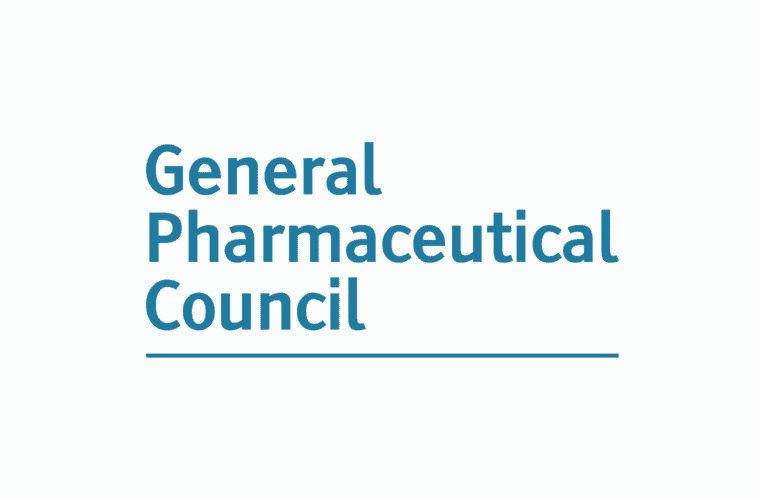The General Pharmaceutical Council (GPhC) has announced that candidates for the upcoming registration assessment, who are currently in countries with more than two hours’ time difference to the UK, will now be able to sit the exam in March.
The GPhC had previously written to candidates in countries with more than six hours’ time difference to say that, due to significant challenges it had identified, they would not be able to sit the registration assessment in their current country of residence in March.
Having taken on board feedback from these candidates that they would be willing to sit concurrently with candidates in the UK, even if this meant them sitting the assessment during unsociable hours, GPhC reviewed whether it was feasible for candidates in these countries to sit the assessment remotely.
As a result, candidates in countries with a time difference of two hours or more will now be able to apply to sit remotely at home, subject to availability of remote sitting places. These candidates would sit the assessment concurrently with UK candidates, which may mean that they would be sitting during unsociable hours in their country.
Commenting on the news, Royal Pharmaceutical Society Director of Education and Professional Development, Gail Fleming, said:
‘We very much welcome the announcement that the GPhC will now be making the registration assessment available to pharmacy trainees outside of the UK.
‘Trainees should not have been asked to travel to the UK to take an online assessment in the midst of a pandemic. The online capability is there and we know that a range of professions have been using this to run their assessments overseas. It is important that all pharmacy trainees can access the registration assessment irrespective of their location or personal situation that may impact on their ability to attend a test centre in person.
‘We must protect and support the future generation of pharmacists during these difficult times as best as we can. We will continue to engage with the GPhC to ensure that similar situations like this do not happen in future.’



